What does Xiaomi's acquisition of independent production qualification mean?
![]() 07/15 2024
07/15 2024
![]() 532
532
Separated from Beijing Automotive Group (BAIC), Xiaomi may become a new benchmark for "Beijing" cars.
After 240 days, Xiaomi finally completed the last piece of the puzzle in its auto manufacturing layout. On July 12, in the 385th batch of the "Announcement of Road Motor Vehicle Production Enterprises and Products" released on the official website of the Ministry of Industry and Information Technology (MIIT), four "Xiaomi" branded pure electric sedans were prominently listed, marking that Xiaomi has obtained independent auto manufacturing qualification.
As the latest entrant in the domestic new energy vehicle market, Xiaomi's auto manufacturing has always attracted much attention, and the auto manufacturing qualification has undoubtedly become the focus of outside attention.
On November 15, 2023, Xiaomi's first model appeared on the official website of the MIIT, with "Beijing Xiaomi" on the rear, confirming to the outside world that Xiaomi had not yet resolved the major hurdle of auto manufacturing qualification for internet carmakers at that time, and that Xiaomi vehicles were manufactured through contract production by BAIC.
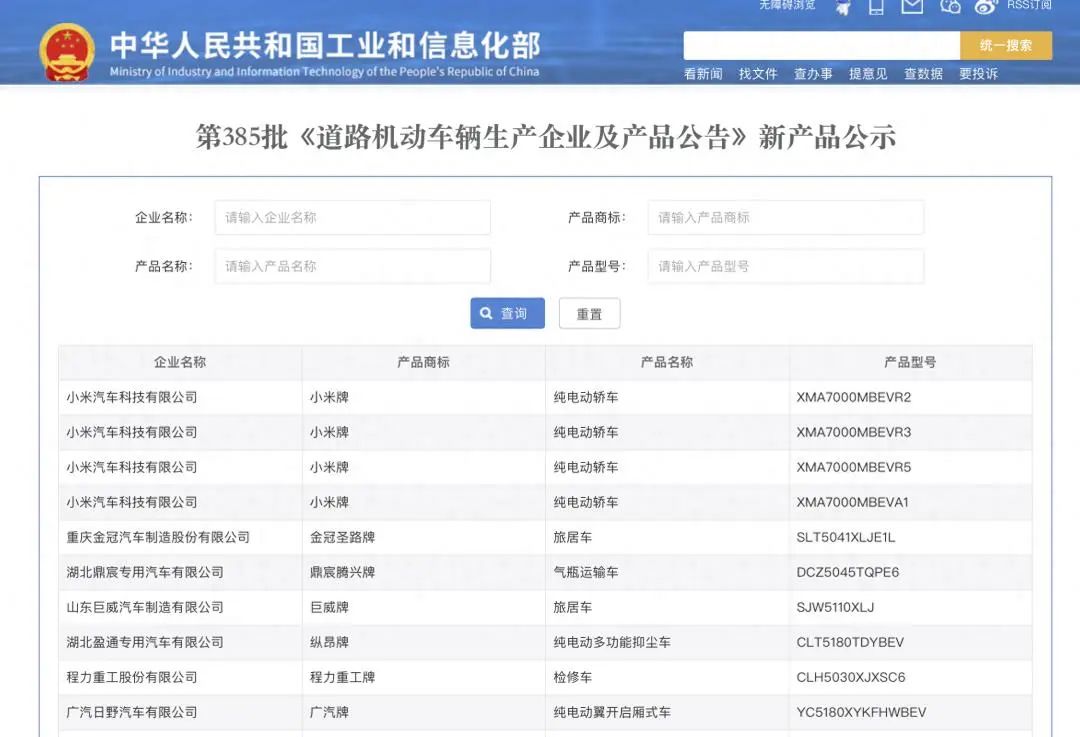
Now, half a year later, Xiaomi unexpectedly obtained independent production qualification, which has amazed countless onlookers with its strength. It is worth noting that since 2019, the MIIT has not approved any new production qualifications, and almost all internet companies have either relied on contract production or spent a huge amount to acquire qualifications in their auto manufacturing endeavors.
It has to be said that Xiaomi's breakthrough is truly enviable.
Xiaomi's Hottest Product
On April 3, 2024, after Xiaomi SU7 began its first batch of deliveries of the Genesis Edition, this model became a traffic magnet.
At the same time, Xiaomi SU7 itself also set its own sales record. According to Xiaomi's official announcement, the number of confirmed orders for Xiaomi SU7 reached 88,898 within 24 hours of its launch. As of May 9, the cumulative number of orders exceeded 100,000, making it the fastest-growing model in terms of orders among new-energy vehicle startups.
In June, Xiaomi also achieved the milestone of delivering over 10,000 vehicles in a single month, surpassing many new-energy vehicle startups and consistently maintaining a mid-range position. Among new-energy vehicle startups, monthly sales exceeding 10,000 have always been considered a crucial threshold, and Xiaomi achieved this in just three months, all while still in the initial stages of ramping up production capacity.
According to Xiaomi's auto order page, the current delivery time for Xiaomi SU7 is still over 20 weeks. With the continuous increase in orders, Xiaomi's current production capacity is still unable to meet user demand, and it is difficult to obtain the car, which is Xiaomi's current situation.
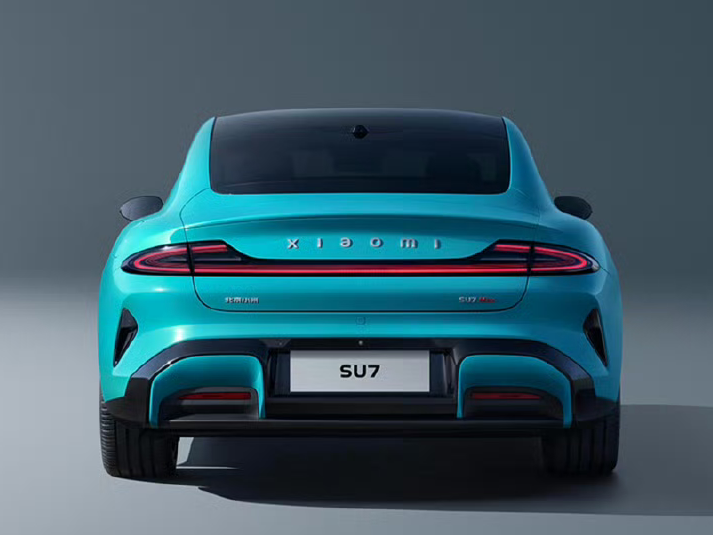
Relying on the hot sales of Xiaomi SU7, Xiaomi Group's share price has also soared, especially since February of this year. With the increasing exposure of Xiaomi SU7, Xiaomi's share price has risen from a low of HK$11.84 per share to HK$16.84 as of July 12's close, representing a cumulative increase of over 40%.
Especially after Xiaomi Auto delivered 10,000 vehicles on May 15, the share price reached an annual high of HK$20.35 the next day. Perhaps, as Lei Jun said, Xiaomi Auto was initially losing money by selling cars, but in the capital market, Xiaomi's gains have already offset its losses.
At the same time, the strong sales of Xiaomi Auto have also boosted Xiaomi's mobile phone business. The closed-loop ecosystem of people, cars, and homes has attracted more consumers to Xiaomi stores. According to statistics, Xiaomi's shipments in the domestic market surpassed Apple in the second quarter of 2024, ranking second (first is vivo).
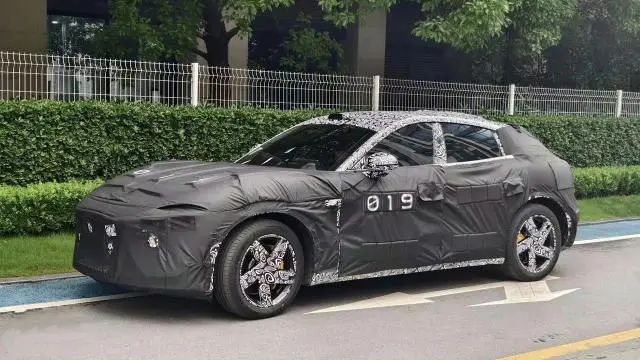
This also aligns with Lei Jun's view at the launch event on Apple's decision to abandon auto manufacturing. Once Apple cars hit the market, they will undoubtedly bring considerable sales volume due to their large user base. Similarly, Xiaomi SU7 has achieved success to a certain extent by relying on the user base accumulated by the Xiaomi brand over ten years.
According to rumors circulating, spy photos of Xiaomi's second model, a pure electric SUV, have already surfaced, and the third model is highly likely to be an extended-range SUV. Although Xiaomi has not made any official response, consumers remain enthusiastic about Xiaomi Auto's future product plans.
Belated Qualification
Judging from the disclosed information, Xiaomi Auto's acquisition of auto manufacturing qualification differs from the methods commonly used by new-energy vehicle startups. It did not adopt the approach of acquiring a traditional automaker. Whether it's NIO, XPeng, Li Auto, or other new-energy vehicle startups, after the tightening of auto manufacturing qualification issuance, those who did not want to be criticized for contract production had to acquire qualifications through acquisitions.
On January 10, 2019, the "Regulations on the Investment Management of the Automotive Industry" issued by the National Development and Reform Commission (NDRC) came into effect. The approval of automotive investment projects was abolished and replaced entirely with local filing management, with whole vehicle investment projects filed by provincial development and reform departments.
Although this seemed to be a liberalization of the automotive industry, no new automakers have appeared in the MIIT's directory since then. Xiaomi Auto successfully passed the approval of the Beijing State-owned Assets Supervision and Administration Commission (SASAC) and entered the MIIT directory, setting a new record. It has to be said that things are easier to handle under the auspices of the capital city, and Xiaomi Auto has a distinct locational advantage.
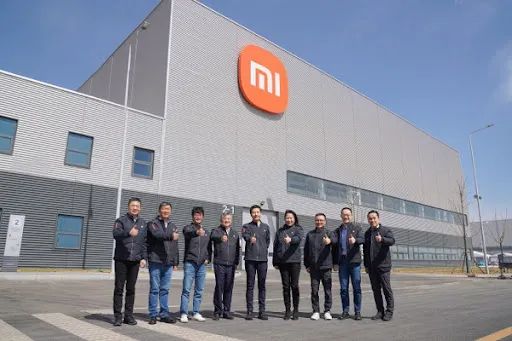
Interestingly, why Xiaomi was unable to obtain auto manufacturing qualification during its three-year preparation period but successfully obtained it three months after its launch is quite intriguing.
Beijing must have played a significant role behind Xiaomi's acquisition of the qualification. As early as when Xiaomi planned to enter the auto industry, Beijing had already contributed much, as Lei Jun initially intended to build a factory in Wuhan. On the one hand, Wuhan has state-owned enterprises like Dongfeng Motor Corporation with complete parts and components support. On the other hand, as a graduate of Wuhan University, Lei Jun has a deep connection with Wuhan and has donated up to 1.3 billion yuan to the city.
After a series of competitions, Beijing finally emerged victorious, successfully landing Xiaomi Auto. The construction of Xiaomi's Tongzhou factory also bears a resemblance to Shanghai's support for Tesla.
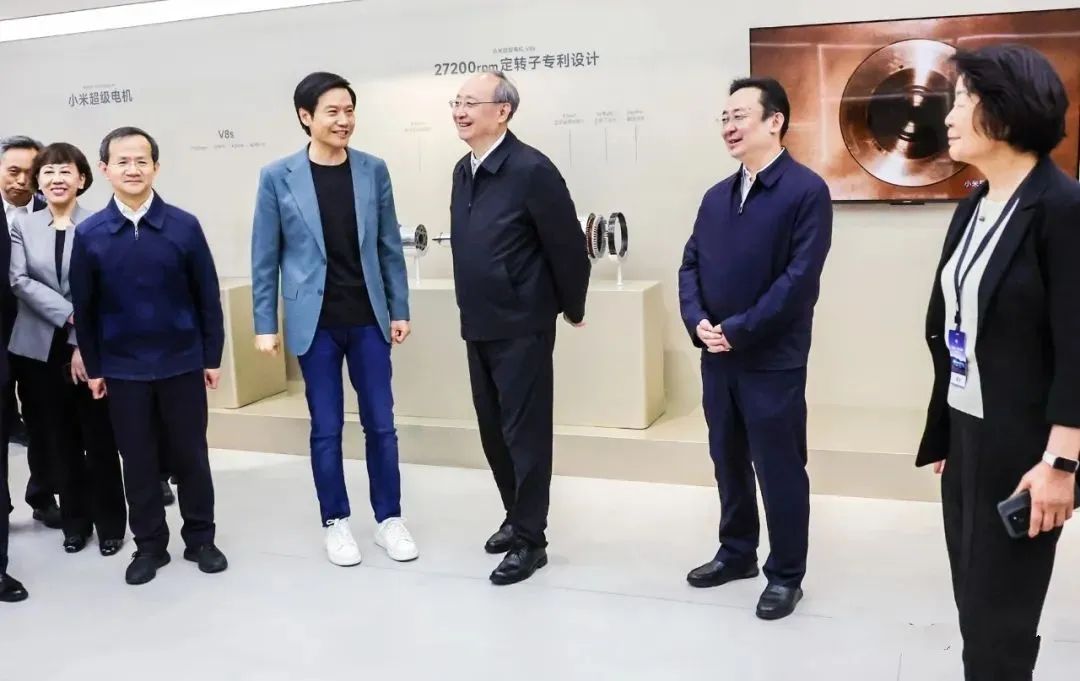
At the Beijing Auto Show in April this year, Xiaomi became the face of Beijing's auto manufacturing. In a news report about the Beijing Municipal Party Secretary's visit to the auto show, Xiaomi Auto was ranked first, followed by Ideal Auto and BAIC. The ranking reflects the importance Beijing places on Xiaomi's auto manufacturing.
For some time, Beijing's auto industry has struggled to keep up with the transformation wave of new energy vehicles. Although BAIC started early, it did not keep pace after achieving outstanding results and has been relying on its old EU series. It soon fell behind in competition. Although Ideal Auto was later introduced, its roots are deeper in Changzhou.
Beijing needs new blood in the auto industry, and supporting Xiaomi has become a good choice, especially in incubating an automaker from scratch.
When Xiaomi did not have MIIT qualification, allowing it to use the qualification of BAIC Group's off-road vehicle subsidiary for contract production demonstrated such support. From a contract production perspective, Xiaomi didn't even need to build factories, so the initial Xiaomi Auto was more like an OEM product, similar to small appliances in Xiaomi's ecosystem.
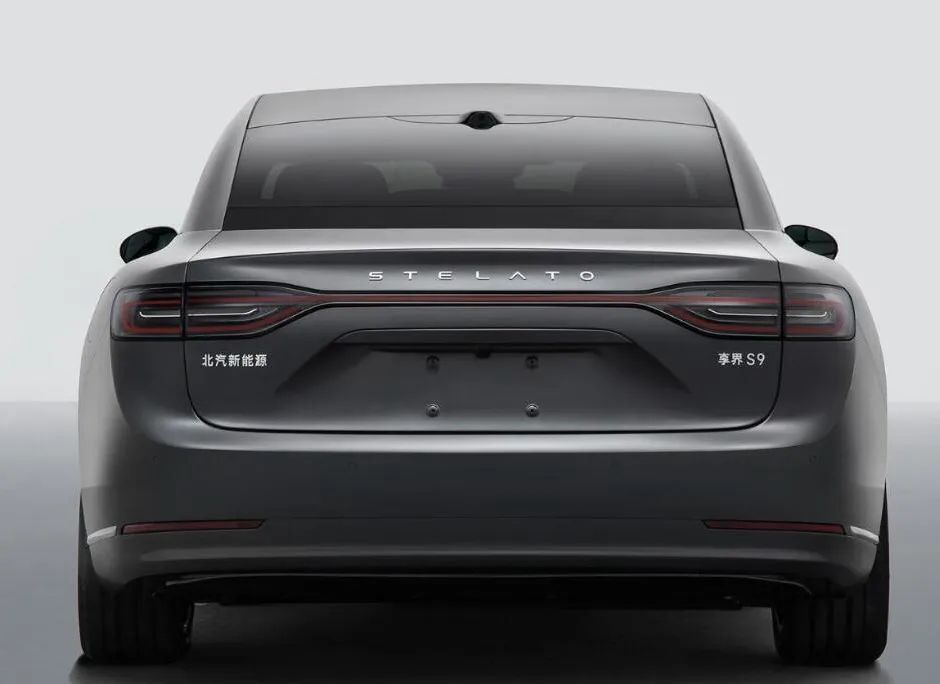
For BAIC, allowing Xiaomi to go solo may also have other considerations. On the one hand, OEM production did not bring substantial benefits to BAIC, as even the factories belonged to Xiaomi. On the other hand, BAIC's cooperation with Huawei is entering a new phase, with the upcoming launch of the jointly developed Enjoy S9. With Huawei's empowerment, sales of Hongmeng SmartRide have increased significantly, and BAIC wants to seize this opportunity.
Even with independent qualification, Xiaomi still faces severe challenges after going solo. Xiaomi's current production capacity is still unable to meet consumer demand, which affects sales to a certain extent. Although the delivery time has been shortened from 30 weeks to around 25 weeks, it is still too long compared to competitors.
A bigger problem is how Xiaomi can maintain the vitality of its subsequent products.
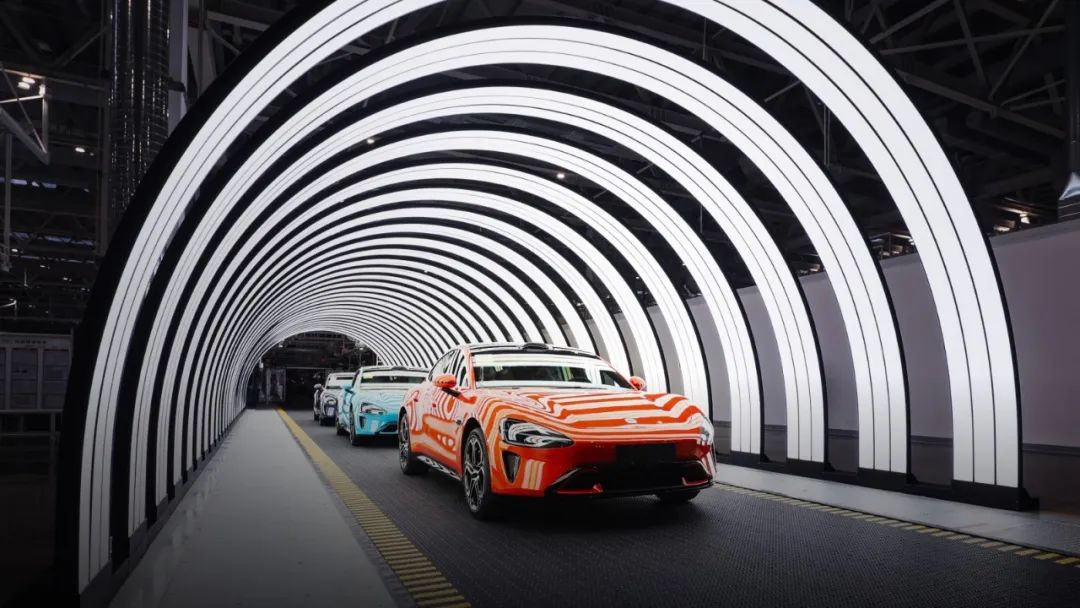
As mentioned earlier, the popularity of SU7 is largely due to the accumulated brand reputation of Xiaomi. As the first model, it is unlikely to have poor sales. However, Xiaomi still needs to consider how to maintain the popularity and sales of its subsequent products.
Especially as the hype around Xiaomi SU7 fades, some product-level issues have been exposed, such as concerns about the braking system. These issues seem to have intensified over the past three months. In a recent test by Autohome, professional racer Ma Qinghua bluntly stated that the performance and braking ability of Xiaomi SU7 do not match, once again bringing the issue of Xiaomi's braking system to the forefront.
Although Xiaomi SU7 has become Xiaomi's hottest product and even topped the Autohome sales ranking for sedans priced above 200,000 yuan in July, surpassing even the Passat and Mercedes-Benz C-Class, it remains uncertain whether SU7 can maintain its sales growth after fulfilling current orders and whether subsequent models can continue to sell well.
Note: Some images are sourced from the internet. If there is any infringement, please contact us for removal.






